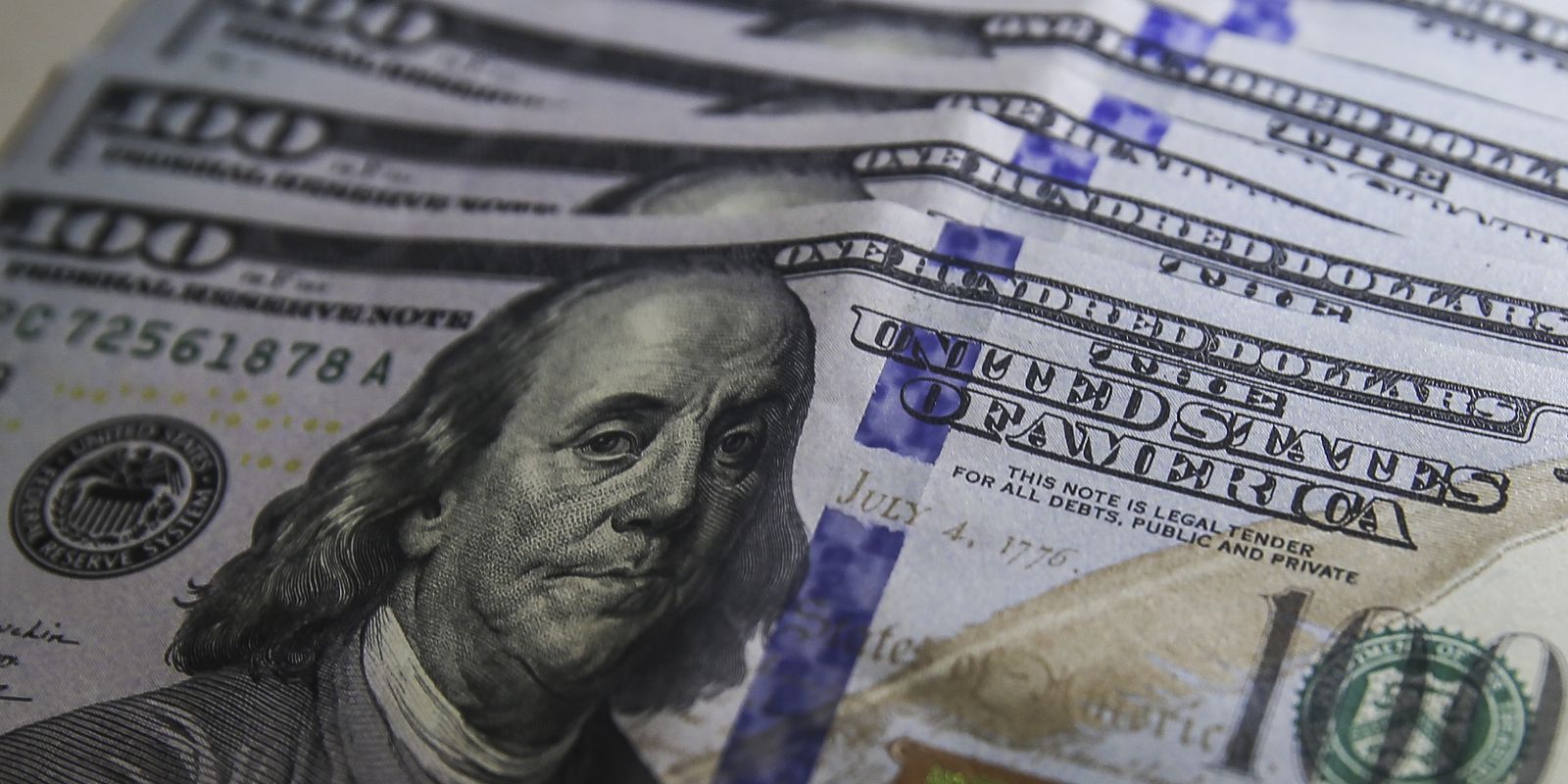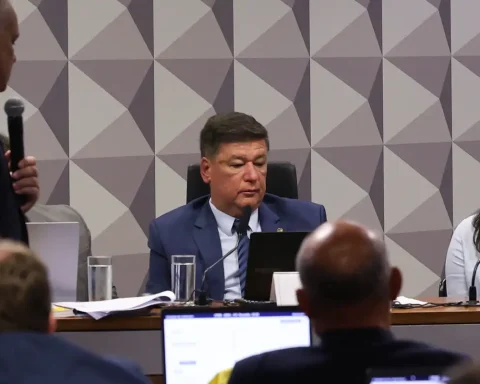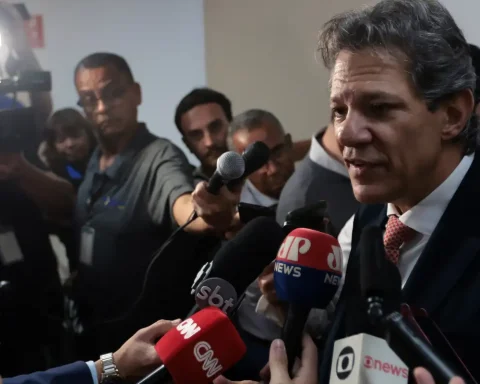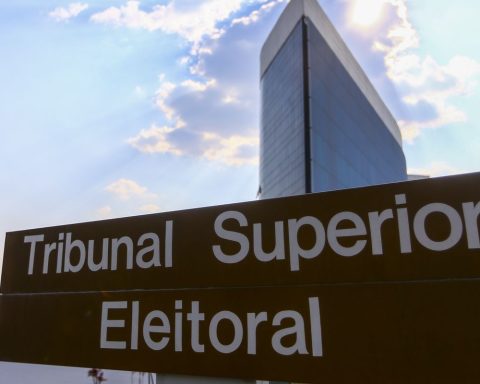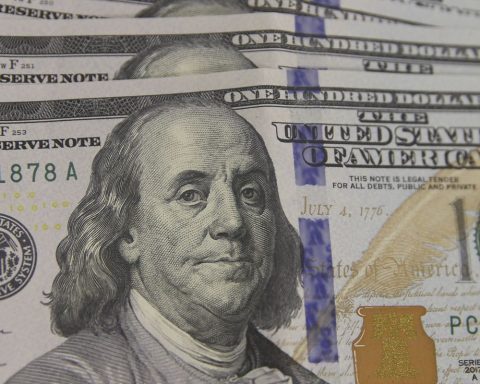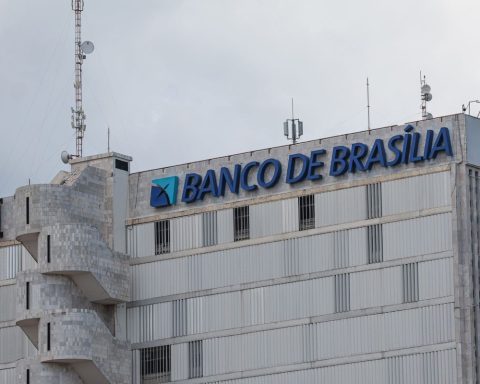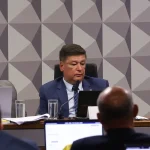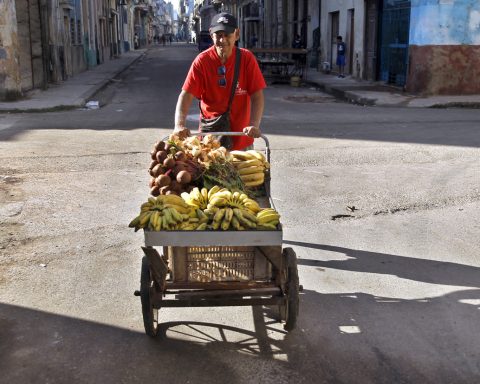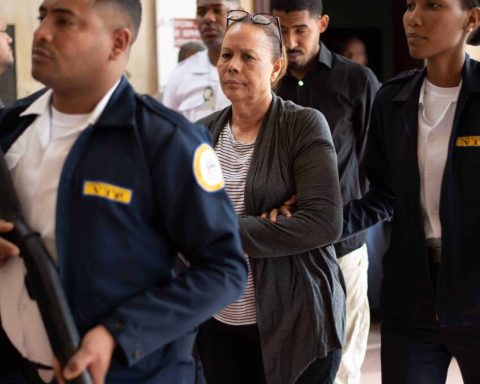In a day of nervousness in Brazil and the United States, the dollar had the biggest daily rise since November and closed again above R$ 5.10. The stock market fell for the third time in a row and closed at the lowest level in almost a month.
The commercial dollar ended this Friday (3) sold at R$5.148, up R$0.102 (+2.03%). The quotation came to operate close to stability during the morning, but started to shoot up around 10:30 am. After spending most of the afternoon around R$5.12, the currency accelerated in the final two hours of trading and closed at the high of the day.
The US currency had the biggest daily rise since November 10, when it had risen 4% in a single day. The dollar is at its highest value since January 23, when it closed at R$5.19. Despite today’s high, the currency has accumulated a 2.5% drop in 2023.
The day was also tense in the stock market. The B3 Ibovespa index closed at 108,523 points, down 1.47%. The indicator reached the lowest level since January 5, influenced by US stock exchanges, which also fell, and by shares of mining companies and banks.
Two factors contributed to the turmoil in the market. The announcement that the US economy created 517,000 jobs outside the agricultural sector in January was poorly received by international investors. This is because the good performance of the labor market increases the possibility of the Federal Reserve (Fed, US Central Bank) raising basic interest rates by 0.5 percentage points at the next meeting after raising the rate by 0.25 points at the last Wednesday (1st).
An eventual acceleration in monetary tightening in the United States puts upward pressure on the dollar across the planet. Emerging countries, such as Brazil, are greatly affected.
On the domestic front, the financial market was affected by a statement made yesterday (2) by President Luiz Inácio Lula da Silva, in which he indicated the possibility of reviewing the autonomy of the Central Bank (BC) after the end of the body’s president’s term, Robert Campos Neto. In addition, the indication, made after the Monetary Policy Committee (Copom) meeting, that the Selic rate (basic interest rate of the economy) will remain at 13.75% per year for longer than expected discourages investments in the stock exchange .
* With information from Reuters
